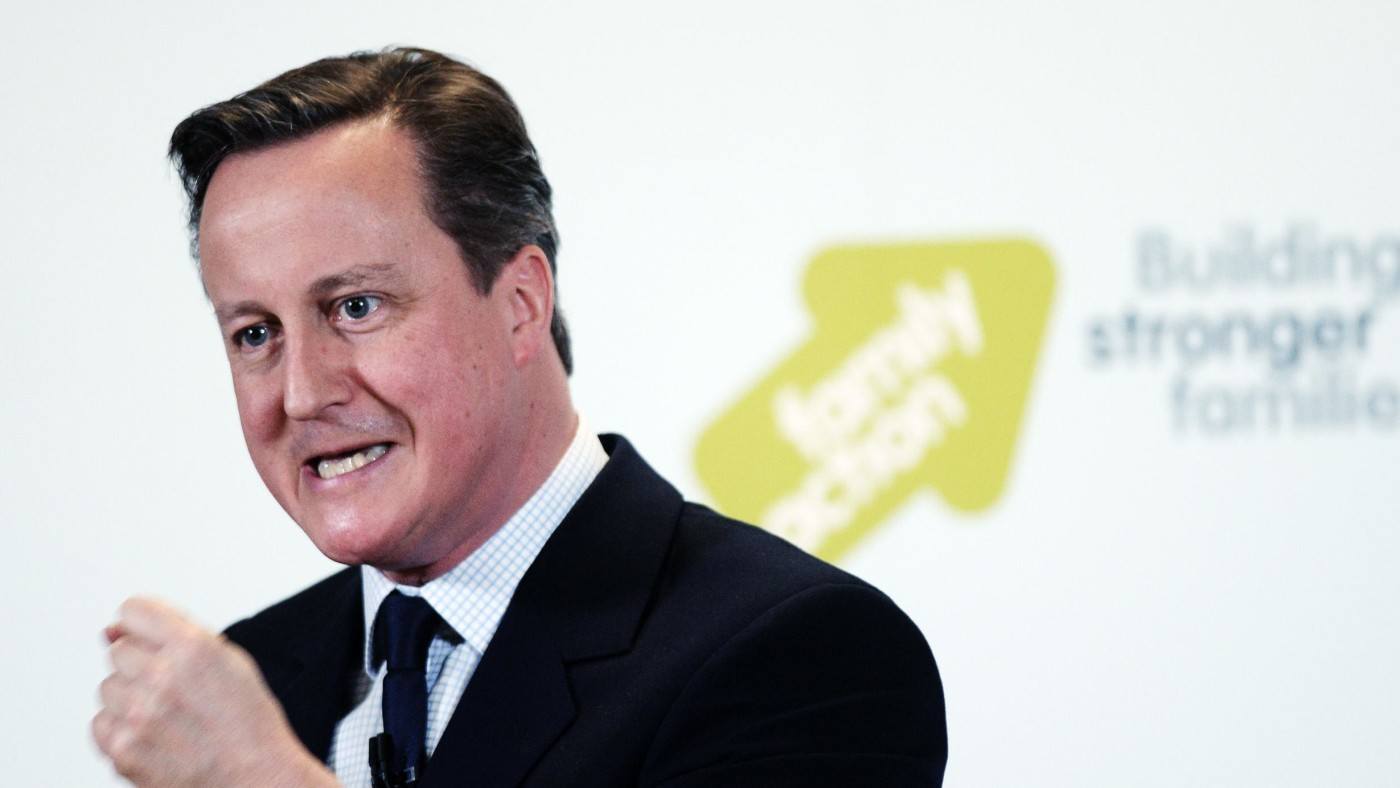“An all-out-assault on poverty” was what David Cameron promised at the beginning of his speech yesterday on “life chances”. He only delivered insofar as an all-out-assault involves fighting a battle without the equivalent of your air force, artillery, special forces, marines and paratroopers.
Take tax policy. The government’s flagship tax policy is a continuation of raising the threshold for paying income tax. 85% of the benefit of this policy goes to the top half of earners. A more progressive tax policy would raise the threshold for paying national insurance (because it falls on workers who are now too poor to pay income tax), cut regressive expenditure taxes or, ideally, improve the incentive structures within the Universal Credit. Middle class families where both parents work are the overwhelming beneficiary of this government’s tax policies. There are many justifications for helping people who are doing the right thing for themselves and their families but it is impossible to interpret the Chancellor’s tax policies as equivalent to an all-out-assault. Because – post-the-coalition – the Treasury decided to stop publishing distributional analyses of budget measures it’s actually hard to know if Britain’s tax system is becoming more progressive or more regressive.
And then there is pensions policy. The modern welfare state’s greatest success has been the elimination of most pensioner poverty. I emphasise “most”. But the work is now largely done. The average pensioner is now better off than the average working age family. The only reason why the basic state pension is rising by whatever is highest of inflation, average earnings or 2.5% is because of the power of the grey vote. Pensioners vote in larger numbers than young people. That’s why young families are losing benefits in this age of austerity and better off pensioners are becoming even more better off. We’re not all in this together.
Another area where the contract between the generations is breaking down is evident in housing policy. Housing policy is largely in the hands of people who live in the country or suburbia and have nice gardens. They’ve decided that brownfield development is the solution for young people who can’t get on to the housing ladder but aren’t moving to these redevelopments themselves. Yesterday’s announcement that the government has found £140 million to transform dysfunctional housing estates amounts to about £1.4 million per estate. I don’t know whether to laugh or cry at the idea that this is a solution. Britain is only building half of the houses that it needs and until a politician is willing to stand up to the NIMBY vote we will continue to see the propertied get richer and the unpropertied get relatively poorer. The Adam Smith Institute estimates that releasing just 1.5% of greenbelt land could provide enough land and fund enough infrastructure for a transformational 1.4 million homes. The politician who has the courage to do that can claim to be leading a war on poverty – not least because a lot of greenbelt land could be a lot greener if it was developed. Until then Britain’s dysfunctional housing market will continue to mean debt, insecurity, cramped accommodation and rising inequality.
Immigration is another principal reason why we have a housing crisis (alongside changes to family structure and the ageing of the population). Immigration also means lower wages for the low-paid as a recent Bank of England report confirmed. Since this government came to power promising to control net immigration, net immigration has actually risen. There is nothing in the Prime Minister’s renegotiation strategy that will decisively change that. Any reduction in the attractiveness of Britain to low-waged east Europeans from restrictions on welfare benefits could be overwhelmed by the magnetic effect of the new, much higher minimum wage.
And the fifth key weapon absent from the PM’s war on poverty is marriage. Marriage wasn’t mentioned in the social mobility commission’s recent report and was hardly mentioned by David Cameron yesterday. The social benefits that marriage provides for people – recognised so powerfully in the campaign to ensure same-sex couples could enjoy them too – are no longer a matter of intuition. There is so much empirical evidence on the benefits of two parent families and the role that marriage plays in helping those two parents to stay together. The absence of serious marriage promotion from the government’s life chances agenda is such a contrast with what we are seeing in the USofA – where left and right are increasingly recognising its importance.
As an intellectual exercise the PM’s speech was impressive. It showed a keen understanding of the social roots of disadvantage. There was also a proper emphasis on the discrimination that still puts a ceiling on the ambitions of many Britons. There was a welcome emphasis on mental health, mending broken relationships, early intervention and cultural connectedness.
It also has to be said that this government has done – and is doing – many useful things for people who would be the focus of any government that is “biased to the poor” – as Bishop David Sheppard once urged every government to be. The national living wage. The Universal Credit reform to ensure that work always pays. The investment in apprenticeships and other forms of vocational education. Free schools. Prisons reform. The commitment to spend 0.7% of national income on the poorest people of the world.
This government has plenty of social justice credentials but an “all-out-assault on poverty”? It’s certainly fighting the war on poverty but only with what’s left after it has protected the interests of wealthy pensioners, existing homeowners, better off two earner households and big businesses with a thirst for cheap labour.


